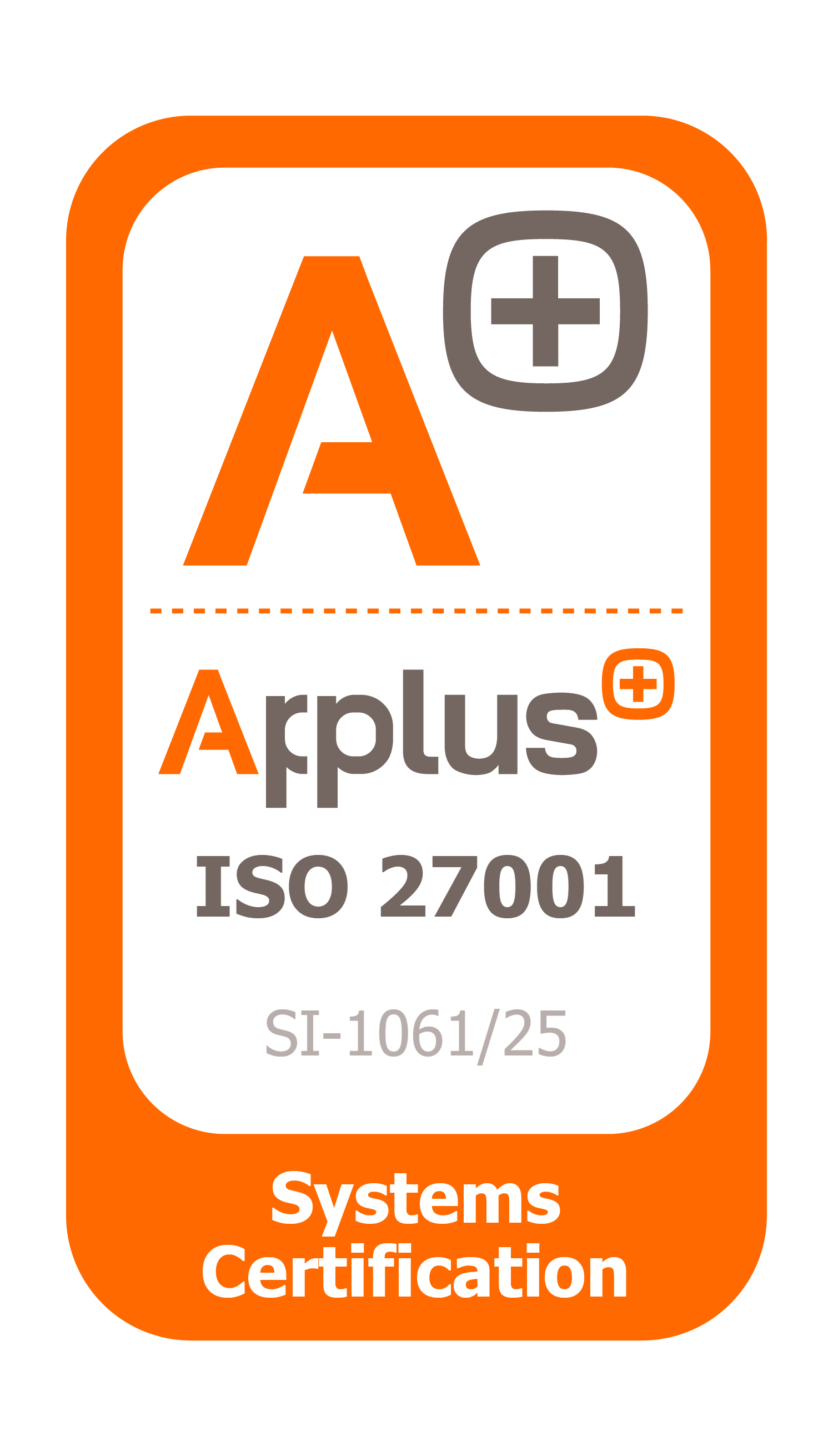Flexible work is a model that allows employees to adjust their schedule, location, or way of performing their tasks according to their needs and those of the company. This approach aims to improve work-life balance, productivity, and employee well-being, offering more personalized options for each team.
Today, work flexibility is a priority for many companies, as it enables them to adapt to an increasingly digital and dynamic world.
What does it mean to be flexible at work?
Being flexible in the workplace means that both the company and the employee can negotiate conditions that optimize time and resources without compromising the quality of work. This flexibility can include adjustable schedules, remote work, or the ability to work from different locations.
Flexibility not only benefits employees by improving work-life balance, but it also helps companies retain talent and increase job satisfaction.
To create a truly flexible work environment, it is essential to have tools that facilitate team coordination, space management, and resource optimization, ensuring that employees can perform their tasks seamlessly.

Pros and cons of flexible work today
As flexible work policies continue to expand, it is essential to analyze their advantages and challenges for proper implementation. Companies must assess the benefits they can gain as well as the potential obstacles they might face when adopting this model.
Advantages of flexible work
- Better work-life balance and improved employee well-being.
- Increased productivity by allowing employees to work under optimal conditions.
- Reduced absenteeism due to higher job satisfaction.
- Cost savings on office expenses for companies.
- Greater talent attraction and retention, offering benefits that employees highly value.
Challenges of flexible work
- Communication and team coordination difficulties.
- Time management challenges due to a lack of structured schedules.
- Possible decrease in team cohesion if not implemented correctly.
- Need for appropriate tools to ensure effective collaboration.
📍 Optimize Remote Work Management with Hybo and Enhance Your Team’s Work Experience. 🚀
Flexible work models
Flexible work is not a one-size-fits-all concept; instead, it takes various forms. Each company must choose the model that best suits its organizational structure, employees’ needs, and strategic objectives.
From adjustable schedules to project-based work, each modality comes with its own advantages and challenges. Below, we explore the different models that enable flexibility in the workplace.
Flexible schedule
Permite al empleado modificar sus horas de entrada y salida, siempre cumpliendo con sus responsabilidades. Por ejemplo, algunos trabajadores pueden optar por entrar a las 7 a. m. y salir a las 3 p. m., mientras que otros prefieren un horario de 10 a. m. a 6 p. m. Esto mejora la conciliación laboral y la adaptabilidad a las necesidades personales.
Remote work or telecommuting
Remote work allows employees to perform their duties outside the office, whether from home or another work location. This model has been proven to increase productivity and enhance employees’ quality of life. However, it requires management and communication tools, such as Hybo, to coordinate workspaces when employees come into the office.
Compressed workweek
This model reduces the number of working days while maintaining a full-time schedule. For example, instead of working five 8-hour days, employees can work four 10-hour days. This approach allows for greater flexibility and better use of free time.
Freelance or self-employment
The worker offers their services independently. This modality provides great work flexibility, allowing professionals to choose their projects and schedules.
Goal-Oriented or results-based Work
Focused on achieving targets rather than fixed schedules. In this model, employees have the freedom to manage their time as long as they meet the company’s objectives. It is ideal for companies that measure performance based on productivity rather than hours worked.
Split or reduced workday
Employees divide their workday into different time slots or reduce their working hours. This model can be useful for those who need to balance their job with studies or other personal responsibilities.
Project-based Work
Professionals work based on projects rather than fixed schedules. This model is common in consulting firms and technology companies, where teams organize their work around deliverables and deadlines.
Coworking or shared workspaces
This model allows the use of shared office spaces to optimize costs and enhance collaboration. It is ideal for entrepreneurs and remote teams who seek a professional work environment without the need for a permanent office.
Job sharing
Two employees share the responsibilities of a single job position. This model is common in roles that require continuous coverage, preventing work overload for a single employee.
Freelance or self-employment
The worker offers their services independently. This model provides great work flexibility, allowing professionals to choose their projects and schedules.
Hybrid Work
This model combines office days with remote work, balancing flexibility and collaboration. To successfully implement this model, companies can use platforms like Hybo to coordinate office attendance and ensure efficient space distribution.
How to Properly Implement Flexible Work?
To ensure the success of this model, it is essential to establish a clear work policy, use the right tools for productivity and employee engagement.
Solutions like Hybo are ideal for workspace management and fostering effective communication within the team.
Hybo: your ally for flexible work
Hybo is a solution designed to facilitate flexible work management, allowing you to optimize space reservations, improve internal communication, and ensure a smooth and efficient transition to this model.








